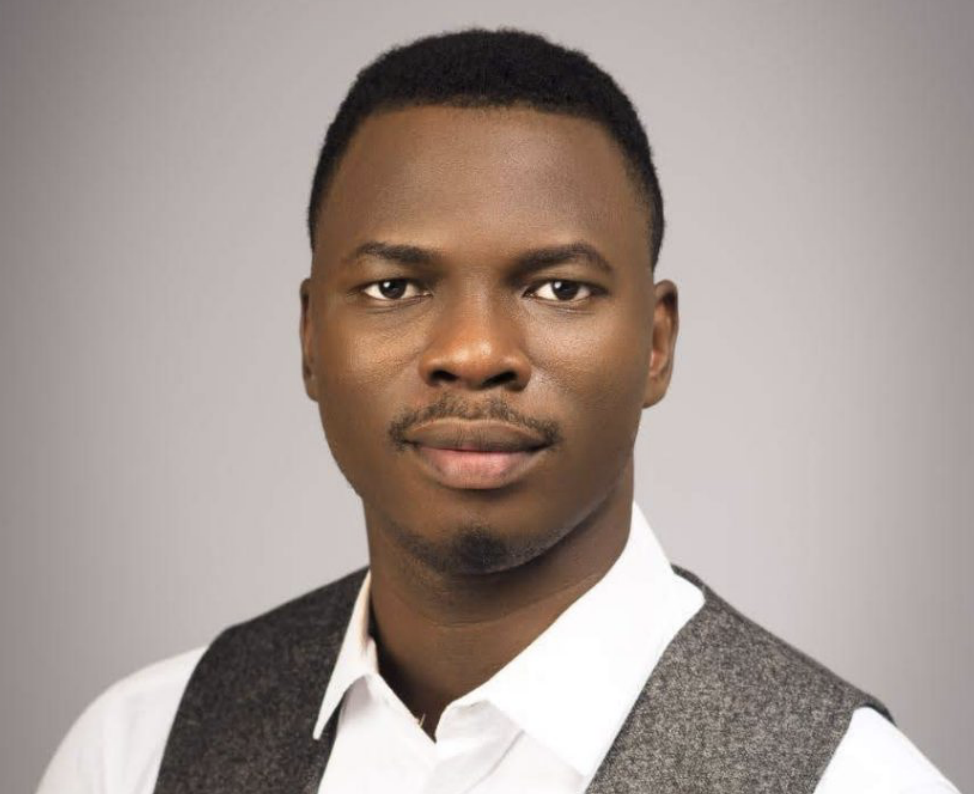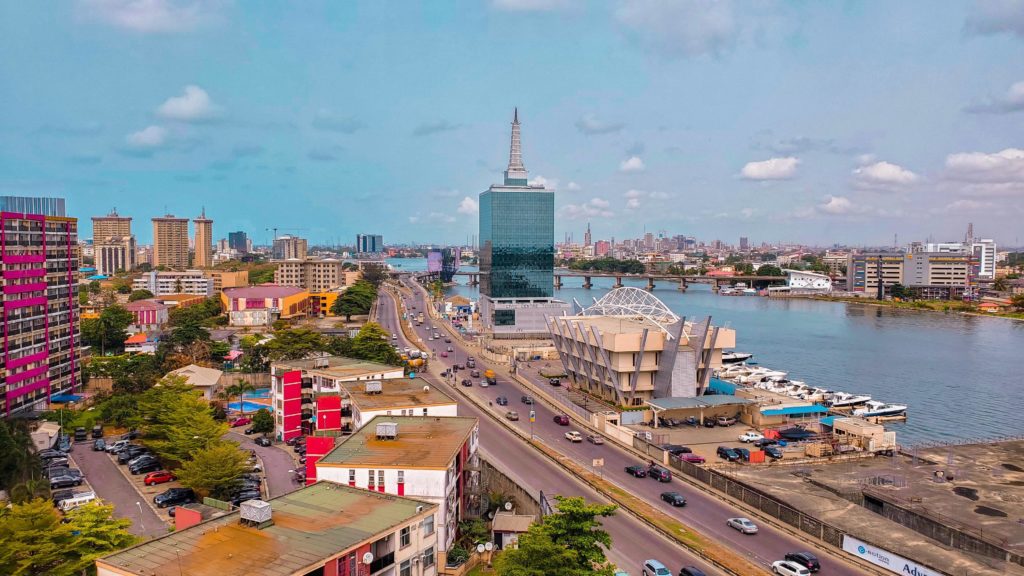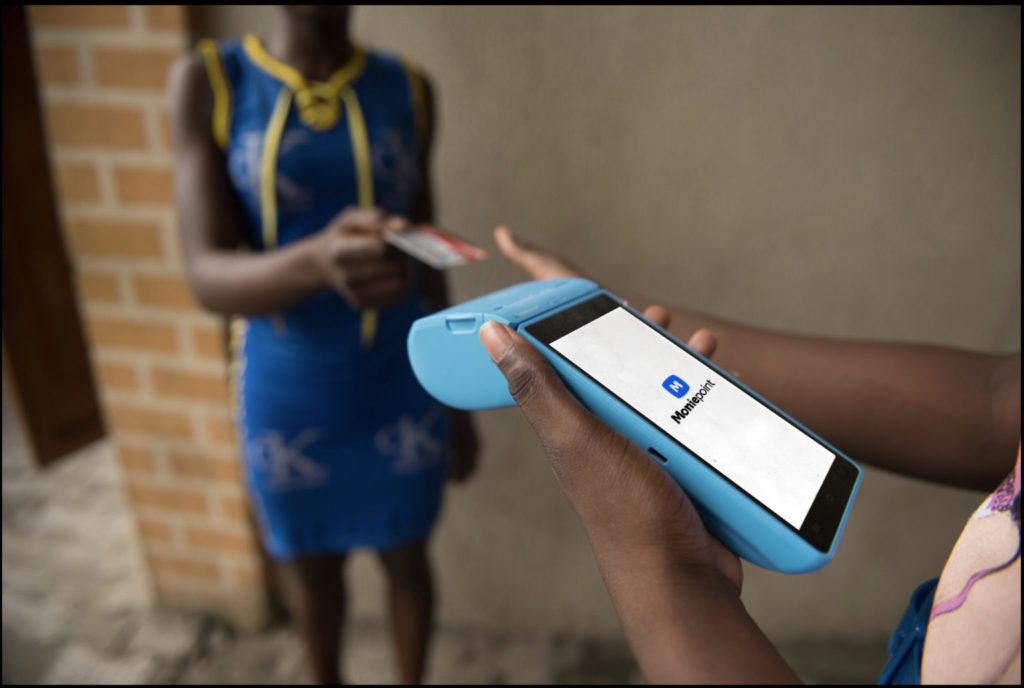Sycamore’s Co-Founder and COO, Mayowa Adeosun is the embodiment of adventure. After his decision to move to Nigeria after University, this Nigerian-British man has spent more than a decade applying his entrepreneurial spirit to Nigeria’s Business space. His current venture, is Sycamore, a peer-to-peer platform that connects lenders to borrowers. In this piece, Mayowa speaks about his background, his decision to move to Nigeria and how Sycamore came to be.
As a Nigerian, how was it that you got to find yourself in the UK and later the USA?
I was born in the UK, so it wasn’t due to any action on my part. However, my move to the US was a different story. I wanted to go to school in the US because it was marketed as a place where your dreams can come true if you work hard. I also saw the US as a land of grass to grace stories. So this was one of the driving forces that spurred my action. The UK was quite conservative and I couldn’t find enough representation in terms of black successful businessmen and financial executives.
On getting to the US, I found out that the country had its issues too: racism, sexism, gentrification and lack of affordable healthcare to name just a few. Ironically, I graduated from Morehouse College, an academic institution most famous for being instrumental to the civil rights movement and the alma mater of Martin Luther King jr. It was here that I first got to meet a wide range of diasporas and connected with Nigerians in my class – quite different from the predominantly white, monolithic neighborhood in Essex where I had grown up.
Most people are focused on leaving Nigeria (“Japa”) but you did the opposite. What led to your decision to move back to Nigeria?
What set the tone for my return to Nigeria was the US economic crisis of 2008. As a graduate of business administration with a concentration in finance and part of the class of 2010, the effects of the financial crisis were still very much real at the time, making it extremely difficult to get a job as an international student that would require a company to sponsor the necessary visa. In hindsight, I should have chosen a S.T.E.M degree and moved to silicon valley and that would have been ending of the story but I digress. I had to face the music and the alternative option was to go back to my base – the UK. Unfortunately, it too was experiencing an economic downturn linked to the global financial crisis, so I spoke with my uncle and my father and the idea of coming to Nigeria began to take root.
Before I came in 2010 I had never stepped foot on the African continent my entire life and this was no fault of my mine. I guess my parents had always intended to bring us all on a holiday visit but it never happened, and so my information about Nigeria was very limited. I had come to learn about it having a rich, diverse, multiethnic culture, speaking many different languages, and producing some of the most intelligent and successful black persons known across the world. It had somehow morphed from being a place my parents threatened to send me as a child growing up if I were too naughty to a land filled with budding possibilities. That was enough for me.
What was the reaction from people around you when you made this decision?
Most of my friends in the US laughed and asked “Why not just go back to the UK and build a career in the UK?” I’m sure they thought I was mad. All they saw was underdevelopment but I saw opportunities. It was a matter of perspective. Apart from that, I returned to the UK for two weeks in late December, and anyone who knows the UK knows how freezing cold this period can be. That was the last straw for me. I was like “I can’t stay back in this cold oh” I found that my calling was tropical weather. Jokes aside, people forget that the UK population was approximately 60 million citizens at the time with their biggest export being financial services, there’s very little financial innovation to do.
Compared with Nigeria’s 200 million population which has less than 60% financial inclusion at the time, the large market size and lack of financial products represent an opportunity for whoever is willing to take up the challenge. While the addressable market is not up to 200 million, there are still great opportunities. It was a risk that I took, I’m very glad it paid off.
What was it like getting a job when you got back to Nigeria? Easy or difficult?
I got posted to the CBN for my NYSC program so my introduction to the system wasn’t bad. Getting a Job after that was another matter. Moving from Abuja to Lagos was quite an eye-opener. Up until that time, I had seen Nigeria as the orderly, aesthetically pleasing place Abuja had presented to me. Lagos life exposed me to the realities of Nigerians and how tenacious they can be. But as a returnee, one thing I had to learn was that in Nigeria, as in many other countries, getting a great start early in a career largely relies on connections, something I didn’t have at the time. The only available option was to use the cold approach.
I had submitted my CV to so many different financial institutions that I had started to develop fatigue. I almost gave up. It was at this point that I received an invitation from Leadway. They offered me a role in their Direct Business developing bank assurance. While it was not the job I wanted at the time, after discussions with my Dad we agreed that it was more prudent to take the offer than to continue to stay at home idle, even though it had only been a few months after my NYSC post. I’m certainly glad I did because it became the platform that eventually exposed me to SMEs, underwriting business risks, analyzing financial statements, and developing risk models and frameworks.
What inspired you and your team to start Sycamore?
The idea and push to start Sycamore came from the culmination of a lot of experiences.
One experience that comes to mind is my time working as a credit risk and financial exposure underwriter at Leadway Assurance after having previously served as a data analyst within the same organization. I worked a lot with SMEs and was able to appreciate the challenges that SMEs go through. With the deep experience that I had gathered on the job, I felt that I wanted to continue to develop myself, gain local experience and develop my professional network.
I decided to enroll at Lagos Business School (LBS) for a full-time MBA program and this was where I coincidentally met my Co-founders Babatunde Akin-Moses and Onyinye Okonji. We had a class session that highlighted the challenges SMEs faced accessing finance for their businesses. At the time, the peer-to-peer lending business model was making waves in the US and UK and so we discussed the business model and its application to solving the challenges SMEs faced with.
It turns out that commercial banks only dedicate a small fraction of their balance sheet to lending to SMEs, leaving them relying on their families, friends, etc., which can only take a growing business so far. With this information, we believed that we were onto something – thus we created Sycamore to close this gap. We introduced the peer-to-peer lending business model, in which individuals or institutions provide capital through our platform to lend to SMEs that require access to finance.
Our first loan was disbursed on the 17th of March 2019, and the journey has been exhilarating since then.
Are there any things that make Sycamore different from other Fintechs?
Sycamore is very authentic. In terms of the product, we remain committed to our core values of bias for action, innovation, customer obsession, and respect, among others. Every Sycamore staff is committed to presenting these values in every aspect of work. This probably explains why we take financial education and literacy very seriously. For us, it’s not just about making money available: it’s also about ensuring that our customers are empowered
Our platform connects lenders to borrowers, who are primarily SMEs that need access to working capital loans quite quickly. Sycamore ensures that this happens swiftly.
Sycamore is also an innovative trailblazer as far as loan management is concerned. We have a “loan friends” product (on the Sycamore mobile app), which allows users to give out loans to friends and family, and track the loans they’ve given and received. Making the whole lending process easier and more straightforward.
In a nutshell, what makes Sycamore different from any other Fintech is that we are extremely passionate about and dedicated to creating financial products to help SMEs and individuals circumnavigate financial roadblocks that would otherwise prevent a great business from succeeding.
Do you have any regrets about returning to Nigeria and starting a business here?
No, I don’t have any regrets. I believe that regrets are opportunities that are missed. I would have regretted not coming to Nigeria, not following my instincts, and instead, doing what others told me to do.
Many people are surprised at how well things are going now, not because they didn’t expect or want me to do well, but because I made decisions that went against conventional wisdom and might have seemed crazy at the time: not returning back to the UK after the US; leaving a well-paying job to go back to school whilst my peers were settling down; receiving an MBA from a prestigious institution and not immediately going back into the Job market; starting my own business in an economy filled with uncertainty. All of this doesn’t make sense unless looking through hindsight.
What will you say is a major challenge for Nigerian returnees?
This depends on the type of returnee. A Nigerian that just left for school and came back might not have much of a challenge as they already understand how things work here but should be also willing to allow themselves to experience a side of Nigeria that they might not have seen or experienced. Someone who has not been like me, might face a lot of challenges at first and will need to be a lot more patient with themselves and with others. Firstly, things don’t work the same way as they’ve been accustomed to wherever they were raised. Keeping this in mind, I would only propose those with a thick skin and a strong drive to make a difference attempt moving back, as there’s still a lot of foundational work to be done that would cause frustration: infrastructure, power, supply channels, etc. – only the strong and most determined persons can survive and thrive in this climate. I believe that in the end, it depends on what you want to do. Everyone should ultimately be where they can find happiness.
Any parting advice for would-be returnees? Especially those who want to move back to Nigeria to start a business
Make sure you have something to offer. Be open to learning, unlearning, and relearning because the climate here is very different and might negate much of what you had learned. Not that the information you’ve learned is incorrect, but simply that it doesn’t take account of certain other variables in Nigeria.
Lastly, If you’re young, you should take calculated risks. My move to Nigeria was not borne purely out of my belief in Nigeria, even though I quickly developed a strong sense of patriotism over the years, but more so a belief in myself and what I had to offer. Once you have that in you, I’m certain that you will be able to thrive in any situation Nigeria could throw at you.














